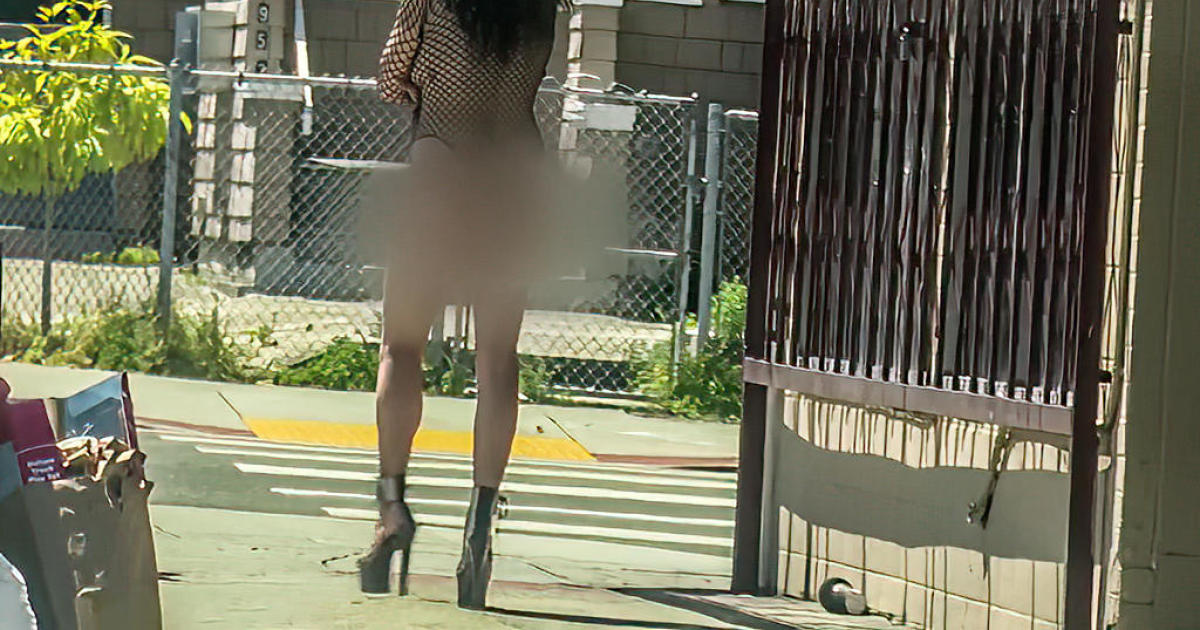Oakland Hires William Bratton As Police Consultant, Quan Hopeful
OAKLAND (CBS SF) -- Oakland Mayor Jean Quan said the City Council's approval early Wednesday of four measures aimed at beefing up and improving the city's understaffed Police Department represents "an opportunity bring down crime and increase hope."
Quan said she's "pleased and encouraged" by council's actions at a marathon meeting that didn't end until nearly 3 a.m. and she hopes they will help bring "a different relationship between the police and the community."
The most controversial measure, and the one that generated the most debate, calls for expanding an existing contract with Massachusetts-based Strategic Policy Partnership to bring on William Bratton, who formerly served as police chief in Los Angeles and police commissioner in New York City and Boston, to provide crime-fighting advice to Oakland.
The partnership is headed by Robert Wasserman, the former chief of staff of the Office of National Drug Control Policy under President Bill Clinton.
City Administrator Deanna Santana entered into a $99,000 contract with the partnership last fall to provide advice, but because the contract is being increased to $250,000 to bring Bratton on board, the matter needed City Council approval.
One of the other measures that was approved calls for hiring 11 Alameda County Sheriff's deputies for up to 180 days at a cost of up to $265,000 to work ten-hour shifts twice a week on violence-suppression measures in East and West Oakland.
Quan said that measure will have the most immediate impact because the deputies are expected to begin working in Oakland on Feb. 2.
Oakland To Pay Outside Consultants $250,000 To Advise Police Department
Another measure will fund an additional police academy to train new officers that will begin in September and the third will hire 20 police service technicians at a cost of $1.5 million to be assigned to field duty as well as one crime lab position.
The additional academy will supplement a police academy that began last fall and a second academy will begin in March.
Oakland had as many as 837 police officers four years ago but Jordan said it currently has only 613 and ideally he'd like to have 1,000 officers.
Many of the more than 100 speakers who addressed the council Tuesday night said they oppose the appointment of Bratton because they believe he supports aggressive police measures including one commonly called "stop and frisk" that they believe will lead to racial profiling.
However, both Quan and police Chief Howard Jordan said that stop and frisk tactics won't be used in Oakland and there won't be any racial profiling.
Jordan, who joined Quan at a news conference at City Hall late Wednesday, said Oakland officers will only stop suspects based on constitutional methods such as reasonable suspicion and "not based on race."
He said, "That's what I train our officers to do—to follow the law."
Quan said Bratton "is neither the devil or a savior" but what attracted her to him is that he was successful in helping Los Angeles comply with a court settlement that mandated that its police department improve its practices and also helped the department improve its relationship with the community.
The mayor said she hopes Bratton can have similar success in helping Oakland comply with its own court settlement that requires the Police Department to improve its practices and in "building closer ties between the community and the police."
At the council meeting, Jordan said he hopes the four anti-crime measures will reduce crime in Oakland by 10 percent over the next year.
After the news conference by Quan and Jordan Wednesday, City Council President Pat Kernighan said, "I'd like to see a 50 percent reduction but I think the chief is not trying to set the bar too high because he won't be getting many more officers for a while."
Kernighan said, "I'd like to see immediate and dramatic results but it's good to set goals that are realistic and achievable."
She said she believes to expand the agreement with the Strategic Policy Partnership "is the most important part" of the four anti-crime measures in the long term because she believes it will result in "permanent changes" in the Police Department.
Kernighan said the partnership is "looking at everything in the Police Department" and will focus on geographically-oriented policing, getting emergency calls answered more promptly and analyzing crime data better.
"They will bring the department up to industry standards," she said.
(Copyright 2013 by CBS San Francisco and Bay City News Service. All rights reserved. This material may not be published, broadcast, rewritten or redistributed.)



